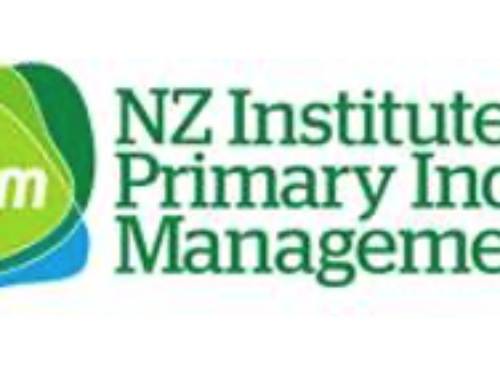 We finished our February thinking with……
We finished our February thinking with……
Ask yourself, what percentage of your week is made up of your real work? How aware are your colleagues of their real work? How much duplication is happening? Do you devote regular and deliberate time to collaborate and share? Or are you all too busy? True collaboration and leveraging off strength will create high levels of job satisfaction, high quality delivery, superior outcomes and sustainability.
In the modern workplace, most of us have varied and complex lives. We have grown into our roles by being proficient or even expert in previous roles. We often juggle many demands and try to serve them all believing we are not only efficient but also very effective. At what cost? This behaviour develops the feeling that our job is never done and involves working nights and weekends to be effective. What does this achieve in the long run?
Focus is created when we gain clarity of what we are really trying to achieve. What is our real purpose? Why do we get out of bed in the morning? Once we identify the true essence of our work it becomes easier to strip back the layers and identify where we should focus most of our time. Is it to ensure the business will deliver on its promise? Is it to lead a particular initiative? Whatever it is, what percentage of our day/week/month do we spend focused on that? Keep a diary for a couple of weeks and do the analysis. Get someone to question you deeply to identify what drives you. Peter Blake would ask of every one on his team when they suggested changes to the boat or strategy during an America’s Cup challenge, “Will it make the boat go faster?” This one question helped them remain focused on their ‘real work’.
As Edwards and Martin say in their book “Schools That Deliver” 2016, Ruth Gordon (personal communication, 1988) has three questions that are the key to examining current practice:
- What are we doing now that we should continue to do?
- What are we doing now that someone else should do?
- What are we doing now that no one should do?
Then a fourth question was added: What will we do with the time and space we create?
They go on to say “Leadership courage and decisive action are two keys to focusing on real work.”
This sounds easy in theory, however is difficult in reality as we have so many aspects of our day to which we are wedded. What will happen if I don’t…..? What will s/he say if I stop …..? We have found one of the most effective ways to create this change is through skilful coaching. An outside pair of eyes who you are totally honest with, who observes your practice, asks deep questions and keeps probing until you produce a clear path forward. Coaching is the art of drawing the answer from deep inside ourselves. A skilled coach helps us see our current reality through fresh eyes and identify barriers we are blinkered to. This fosters deep growth inside us if we are prepared to walk in the shoes of a learner, is directed by ourselves and is truly transformative. What will be your ‘Peter Blake’ question to yourself?
Mary and Lab Wilson (the Bats Team)






Leave A Comment